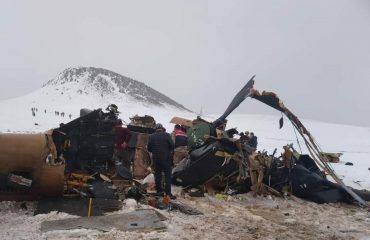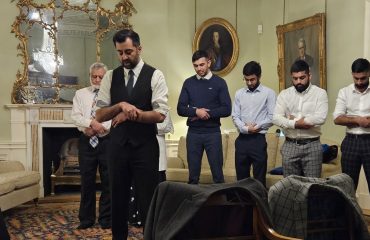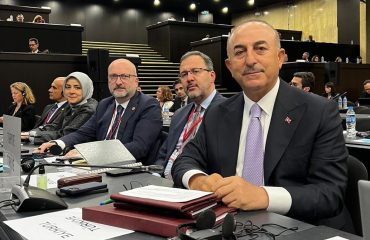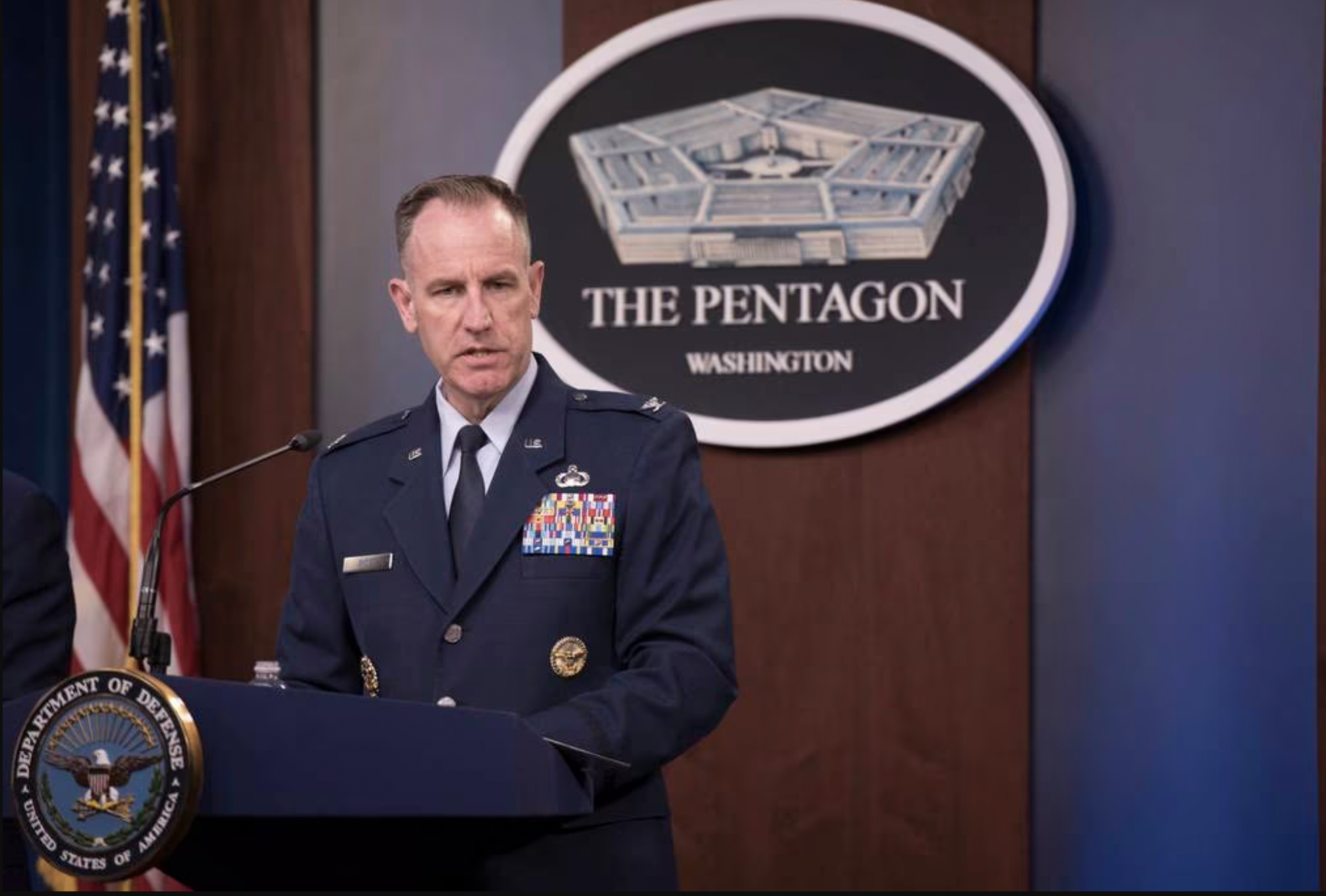
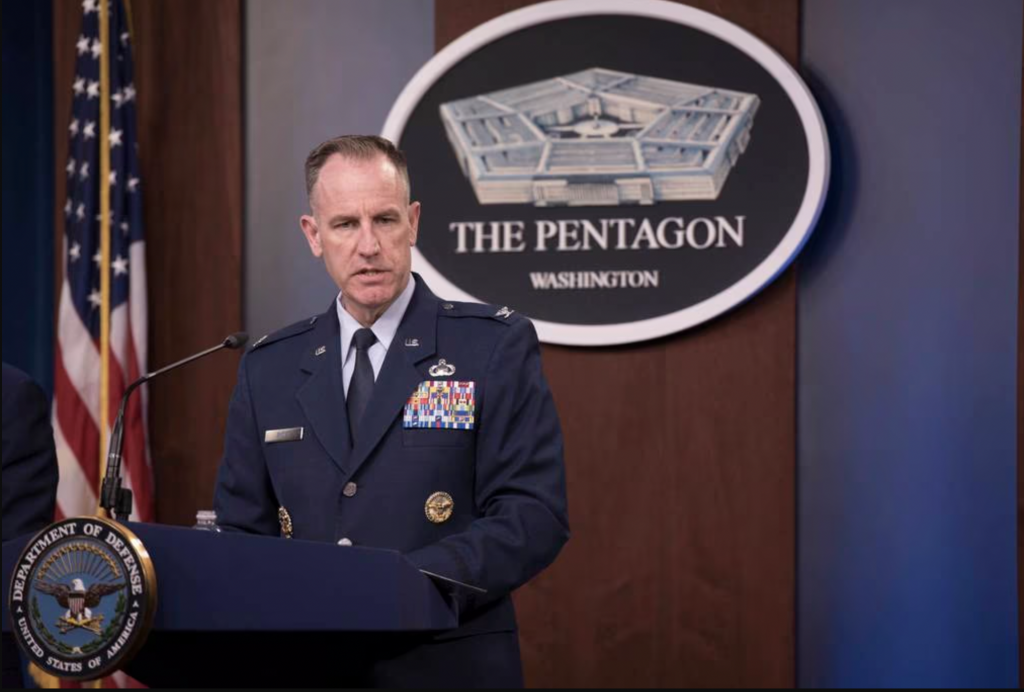
On October 5, Patrick S. Ryder, the Department of Defense Press Secretary stated in a press briefing that US F16s had shot down a Turkish drone in Syria. The Foreign Ministry made a statement saying “the operation was not affected”. However, the downing of a Turkish UCAV by a US jet is akin to the “Second Hood Incident”.
In an unprecedented response to the US downing of a Turkish UCAV in Syria on October 5, the Turkish Ministry of Foreign Affairs said on October 6 that “the operation was not affected,” referring to the operations of Turkish military and intelligence forces against the PKK, which claimed responsibility for the October 1 bombing to the Interior Ministry in Syria and Iraq.
This statement came despite the fact that the US openly stated that the Turkish UCAV was shot down by an American F-16s taking off from its base in Jordan, knowing that it belonged to Türkiye.
In the evening, it was announced that Foreign Minister Hakan Fidan had spoken on the phone with his US counterpart Anthony Blinken and that they had agreed to fight terrorism together. Was the agreement based on an offer made the evening before by Yaşar Güler, the Minister of National Defense, when he spoke to Lloyd Austin, the US Secretary of Defense, to abandon the PKK and partner with Türkiye, a NATO ally, in the fight against ISIS? No details were given.
The Second Hood Incident
However, the downing of the Turkish UCAV by the US jet is almost like the “Second Hood Incident”. On July 4, 2003, during the invasion of Iraq, US soldiers arrested Turkish soldiers who were observers in Sulaymaniyah by putting a hood over their heads, and relations between the two countries hit rock bottom again. In a way, the downing of UCAV is more serious than the Hood Incident.
There, the US military, especially CENTCOM, had resented the fact that Türkiye did not participate in the invasion of Iraq as the Turkish Parliament voted against cross-border action. Here, we are talking about the deliberate shooting down of an unmanned fighter jet by Türkiye’s NATO ally, the US, in order to prevent Türkiye’s operation against an organization that the US also considers a terrorist organization.
Namık Tan, the CHP’s new foreign policy spokesperson, condemned the attack as “unacceptable” and called for a reaction. The news of the Fidan-Blinken meeting I mentioned at the beginning came later.
Regarding YPG as a separate entity from the PKK
We saw the latest example in the press conference of US Deputy Foreign Affairs Spokesperson Vedant Patel. Patel said that the US supports Türkiye’s fight against the PKK, but did not comment when asked about the YPG.
Yet American intelligence reports consider the YPG to be an extension of the PKK.
Testifying to the US Congress on April 28, 2016, then Secretary of Defense Ashton Carter admitted that the PYD and YPG are an extension of the PKK when asked by Senator Lindsay Graham.
It was for this reason that the US Department of Defense had the PKK set up a front organization like the Syrian Democratic Forces (SDF), which also included some Arab tribes, as US Special Forces Commander Raymond Thomas, who personally set up the organization, explained in 2017.
The US game in Syria may be coming to an end. In the meantime, let’s add Russian President Vladimir Putin’s statement that he stands by Bashar al-Assad to the end after at least 89 people were killed in a terrorist attack on a military school graduation ceremony in Syria on October 5.
Next week, the Syria-Iraq resolution
After the October 1 terrorist attack, it is too early to say what kind of an agreement will result from the tensions with the United States over Türkiye’s operation against the PKK in Syria, which have been brushed off as “a regrettable incident”.
However, there are only a few days left until the parliamentary vote to send troops to Syria and Iraq, which will probably take place on Tuesday, October 10. The current atmosphere of the fight against terrorism and confrontation with the US will put the main opposition Republican People’s Party (CHP) in the most difficult position in the parliamentary vote. Will the CHP vote yes or no to the parliamentary resolution? The AK Party and MHP will try to put pressure on the CHP by saying “if you say no, you are aligned with the YPG.” This will have repercussions extending to the local elections on March 31, 2024.
What is important now, however, is what changes the October 1 terrorist act will bring about for Türkiye’s internal and external security.
